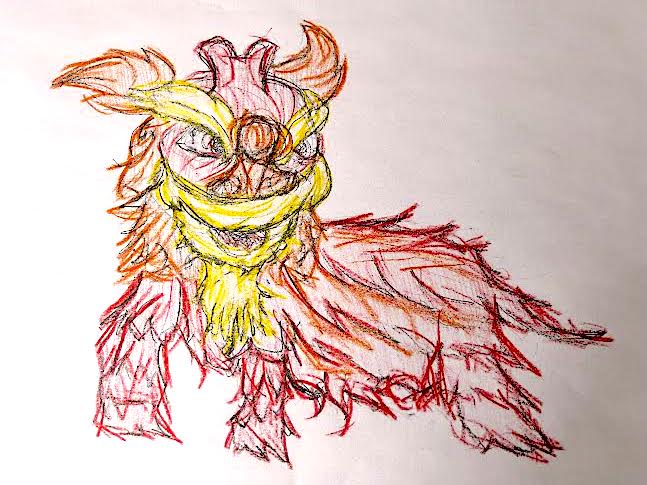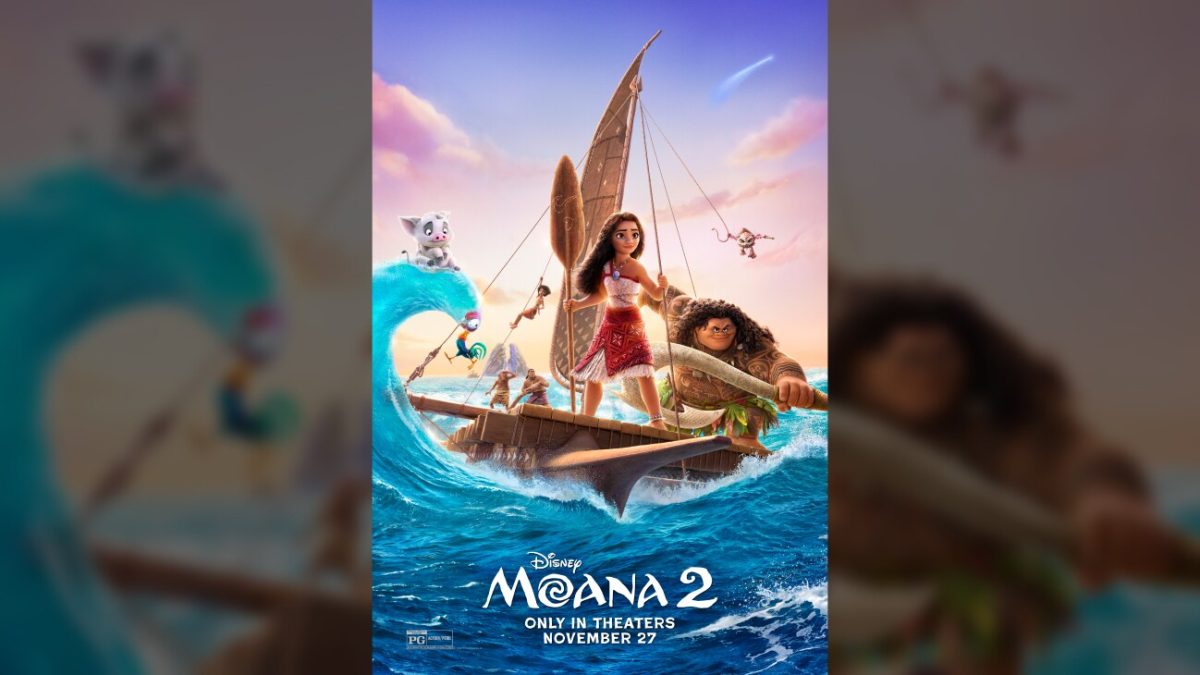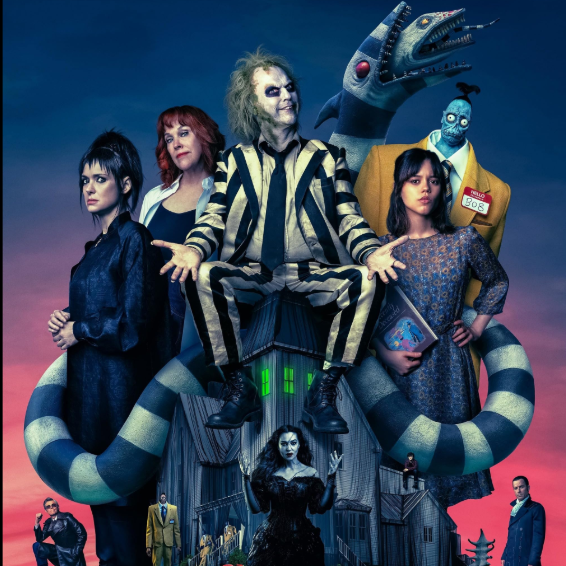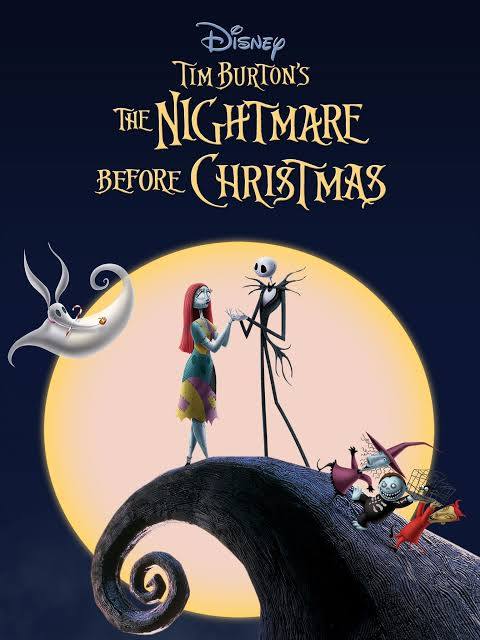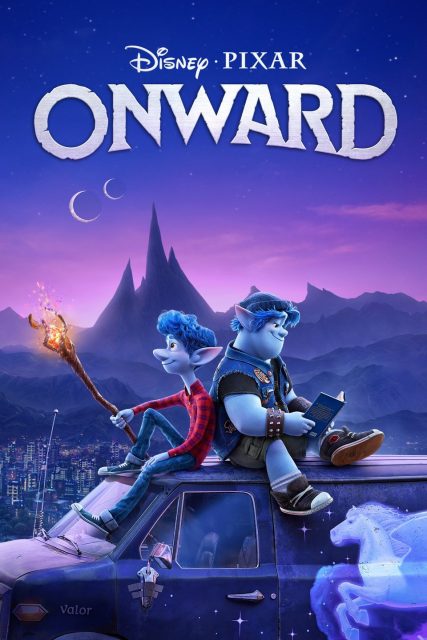
Over the past 30 years, Pixar has made a name for itself as an anomaly of a film studio—one that spends years crafting emotionally resonant animated films for all ages.
Yet in the past 10 years, Pixar has released seven sequels and five original stories. The decade before was comprised of seven original films and not a single sequel. The point is, something seems to be amiss at the computer animated juggernaut of a film studio. Many will point fingers at Disney, the company which purchased Pixar in 2006, yet the two companies have been working together since their very first film, Toy Story. Since 1995, Disney has distributed and Pixar has produced, thus the house of mouse is not to blame.
This leaves the general public with only one conclusion: the magic is gone. Pixar’s golden age is long gone, and the world is left with a studio scrambling for artistic inspiration. Enter their latest effort, Onward. Even the title suggests their motives. Pixar doesn’t want to dwell on the past, it wants to move toward newer stories, ones which combine the magic of old and the technology and ideals of today. Thus, the combination of the 13th and 21st centuries perfectly fits the home run that is Pixar’s latest release.
In the film, actors Tom Holland and Chris Pratt play two elf brothers embarking on a quest to bring back their late father using his wizard staff. At the same time, their mother and a tavern-owning manticore are in hot pursuit to save them from a curse only the manticore can break. In the lead roles, Holland and Pratt expertly portray an insecure teenager and a history-obsessed board game nerd, respectively. Over the past five years, each of these actors has established himself as a major box office draw and a wonderful comedic talent. While the comedy does lean more toward younger audiences, as one would expect from a children’s film, that isn’t to say there aren’t a few laughs for all audiences to share. Pratt is charming enough that even adults will chuckle a few times at his classic shenanigans, and the occasional adult-oriented joke does appear in the film.
As one would expect, Onward is a classic fantasy adventure—a genre audiences have loved since the early days of cinema. Thus, an adventure film seems like a safe bet for any studio’s investment. The basic structure of the film and the genre as a whole is effective and lends itself to a children’s film. In this case, there are few dull moments in a film that has a forward trajectory that feels purposeful and planned out like Onward’s. Because of this, audiences will easily immerse themselves in the world of the film, through the engrossing story and unique world.
However, the true selling point of Onward is the heart at the center of the film. Pixar has never been a stranger to empathetic stories, especially stories revolving around family. Onward is another perfect example of a cookie-cutter adventure film, yet in this case with a shockingly effective tale of brotherly love at its center. While many will write the film off as a story audiences have seen countless times before, it’s important to recognize the effectiveness of such a simple story. Onward features an extremely unique setting to combat any cliché trappings, with the amalgamation of fantasy and modern worlds breathing new life into an otherwise overdone idea.
This also allows for some of the most unique visuals in the film. From fairies riding motorcycles to dragons as house pets, Onward is a delightful trip through a fantasy world like no other. Similar to the film’s director Dan Scanlon’s previous film Monsters University, Onward walks the fine line between outlandish and recognizable. In the end, this allows for a stylistic splendor of an animation, something many have come to expect from Pixar. While it isn’t on the same level as such technical marvels as The Good Dinosaur, Onward is enough of a visual feast to warrant praise.
In an increasingly cynical entertainment world, it’s inevitable that critics will barrage the media with claims of lack of inspiration. Despite this, it’s important to remember the purpose of these films; to entertain children. Yes, audiences have been groomed to expect equally entertaining and intelligent films from Pixar, but that’s simply unfair to the countless unnamed artists who toil day after day. If one is disappointed by a straight forward, heartwarming adventure with a stellar visual style, then maybe one shouldn’t be criticizing a children’s film.



